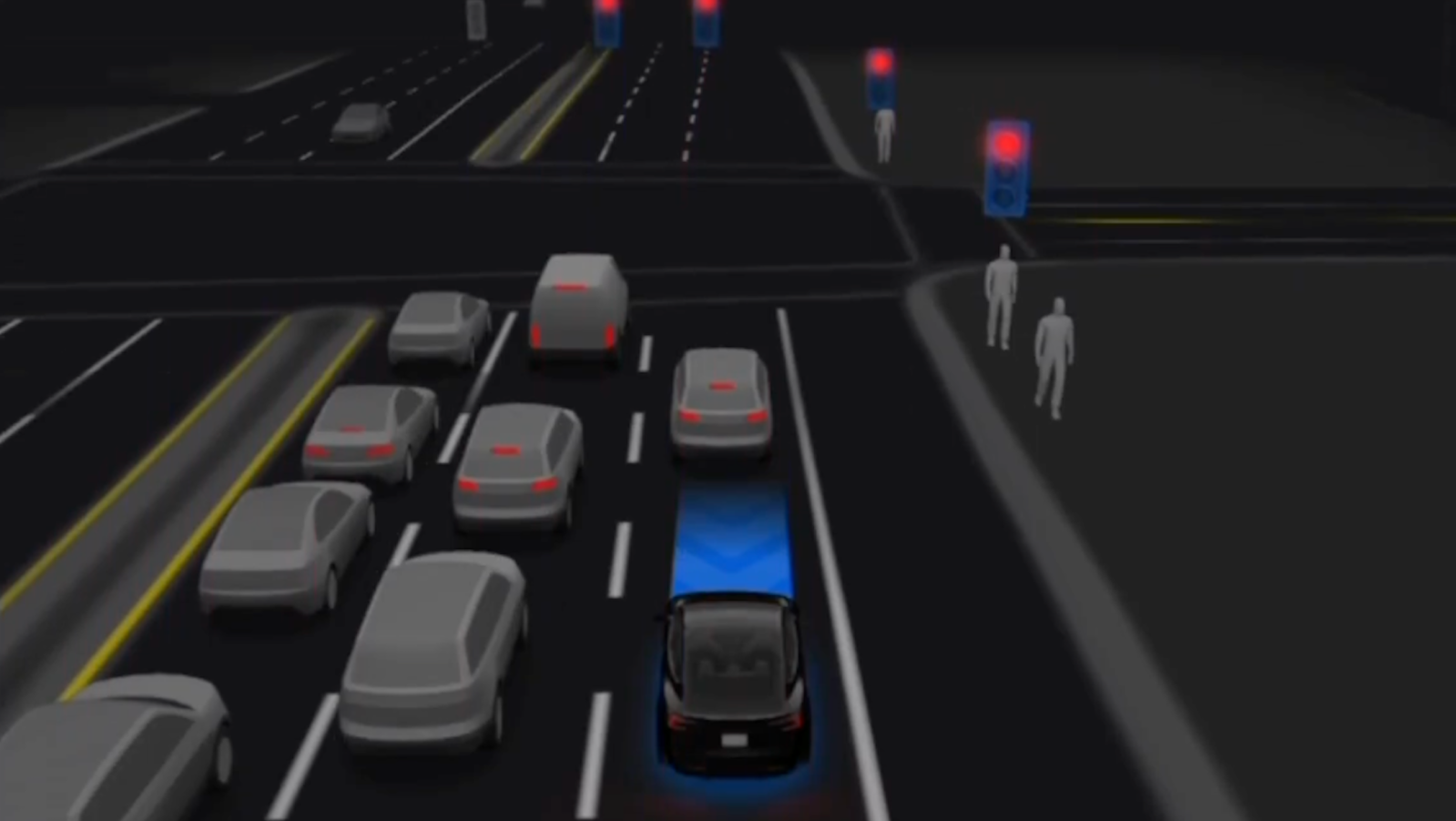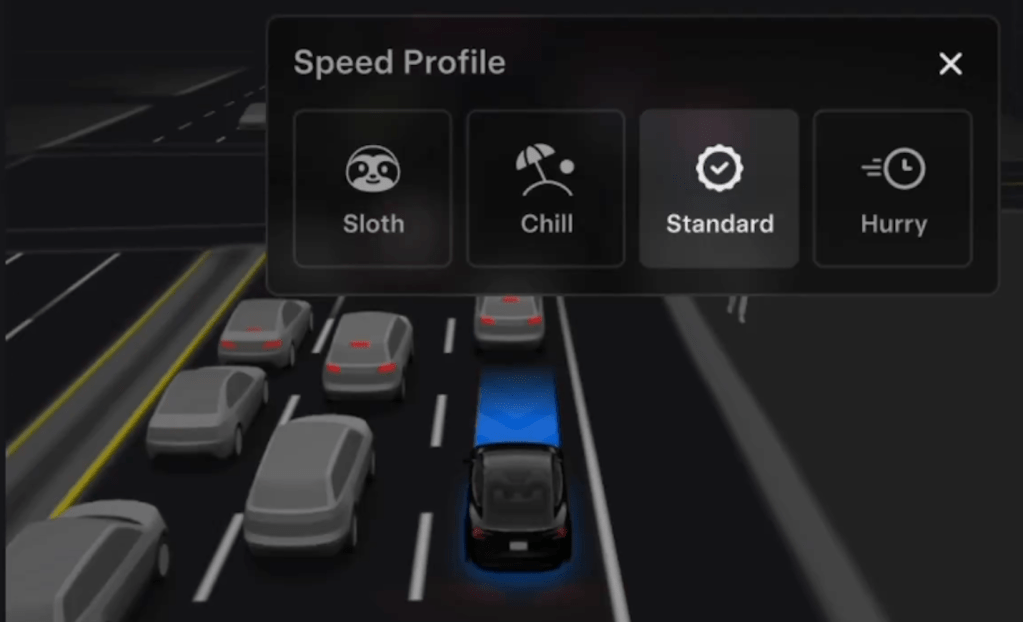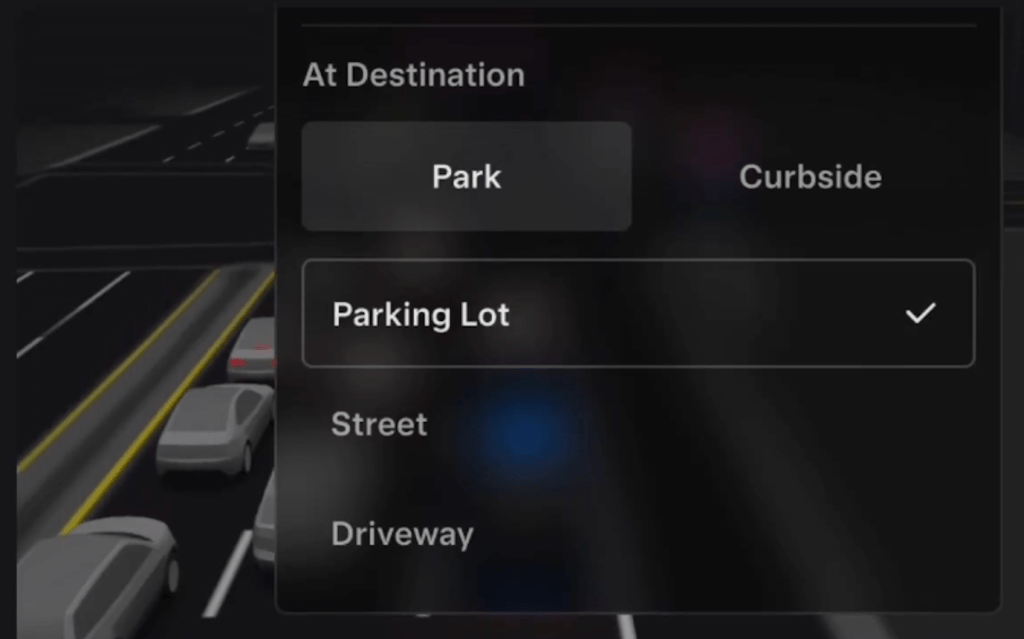
Tesla has started to release its (Supervised) Full Self-Driving (FSD) v14 update, its first significant update in a year, to customers.
Here are the full release notes:
In late 2024, Tesla began rolling out FSD v13 to owners with the latest HW4 computers installed in their vehicles.
It has been the last significant update to Tesla’s “Full Self-Driving” program despite CEO Elon Musk again claiming that the automaker was on the verge of solving “unsupervised self-driving.”
Tesla’s excuse for not releasing any significant update for almost a year was that the team was instead working on its “Robotaxi” service in Austin, Texas.
FSD v14 has been described as Tesla using what it learned from the Robotaxi program and rolling it into software for its consumer vehicles.
Musk has been hyping the update for the last few months. He first said it would come in September, but he revealed that Tesla found a “bug”, which delayed the release to late Monday night.
Tesla HW4 owners are now starting to download the update.
Here are the full release notes for FSD v14:
Tesla FSD v14 release notes
- Added Arrival Options for you to select where FSD should park: in a Parking Lot, on the Street, in a Driveway, in a Parking Garage, or at the Curbside.
- Added handling to pull over or yield for emergency vehicles (e.g. police cars, fire trucks, ambulances).
- Added navigation and routing into the vision-based neural network for real-time handling of blocked roads and detours.
- Added additional Speed Profile to further customize driving style preference.
- Improved handling for static and dynamic gates.
- Improved offsetting for road debris (e.g. tires, tree branches, boxes).
- Improve handling of several scenarios, including unprotected turns, lane changes, vehicle cut-ins, and school buses.
- Improved FSD’s ability to manage system faults and recover smoothly from degraded operation for enhanced reliability.
- Added automatic narrow field washing to provide rapid and efficient front camera self-cleaning, and optimize aerodynamic wash at higher vehicle speeds.
- Added alerting for residue build-up on the interior windshield that may impact front camera visibility. If affected, visit Service for cleaning!
Upcoming Improvements:
- Overall smoothness and sentience
- Parking spot selection and parking quality
Full Self-Driving (Supervised)
Under your supervision, Full Self-Driving (Supervised) can drive your Tesla almost anywhere. It will start from a parked position, make lane changes, select forks to follow your navigation route, navigate around other vehicles and objects, make left and right turns and park at your destination. You and anyone you authorize must use additional caution and remain attentive. It does not make your vehicle autonomous. Do not become complacent.
Full Self-Driving (Supervised) is enabled on your vehicle. To use the feature, press the Start Self-Driving button on the UI, or press the right scroll wheel button once. You can disable Full Self-Driving (Supervised) in Autopilot Settings.
UI Improvements
- Start Self-Driving with a tap of the touchscreen from Park, or any time during your drive.
- Adjust settings like the Speed Profile and Arrival Options directly from the Autopilot visualization on the center display.

Speed Profiles
FSD (Supervised) will now determine the appropriate speed based on a mix of driver profile, speed limit, and surrounding traffic.
- Introduced new Speed Profile SLOTH, which comes with lower speeds & more conservative lane selection than CHILL.
- Driver profile now has a stronger impact on behavior. The more assertive the profile, the higher the max speed.
- Right scroll-wheel up/down now adjusts Speed Profile setting rather than your precise max speed offset selection in mph/kph.

Arrival Options
- You can now select an arrival option such as Parking Lot, Street, Driveway, Parking Garage and Curbside for Robotaxi-style drop offs.
- Your preferences for arrival options and preferred parking positions are persisted for each destination.
- Our reasoning model will assess the suitable options for your destination and pick an intuitive default.

Brake Confirm
Brake Confirm for the Start Self-Driving button is now defaulted off. When disabled, Start Self-Driving will not require you to press and release the brake to confirm engagement.
You can enable Brake Confirm in Autopilot > Brake Confirm.
Electrek’s Take
This is exactly what we expected. Tesla is adding some of the features of Robotaxi, such as improved parking capabilities at your destination, and much-needed performance upgrades after a year of regression based on crowdsourced data.
As I previously stated, I expect at best a 2 to 3x improvement in miles between critical disengagement, which sounds great until you realize that that brings Tesla to a max 1,200 miles between critical disengagement and the automaker needs to be closer to 10,000 miles for a limited unsupervised ride-hailing service, and then 700,000 miles to be level 5 safer than humans as promised.
We will have to wait a few days, and ideally a few weeks, to gather enough data to gauge the significance of those improvements.
As usual, I like to point out that FSD would be truly impressive and likely a praised product if it were sold and marketed for what it is: a level 2 driver assistance system.
However, we have to compare it against what Tesla is selling and claims it will become: a level 4 fully autonomous driving system – something it is not.
FSD still requires driver attention at all times and can make very dumb and dangerous mistakes.
Furthermore, Tesla is clearly starting to reach the limits of HW4, even though it will likely need to ~10x performance from FSD v14. It means that, as Tesla already admitted with HW3, the automaker has sold “Full Self-Driving” on cars that don’t have the hardware to make it a reality.
FTC: We use income earning auto affiliate links. More.

